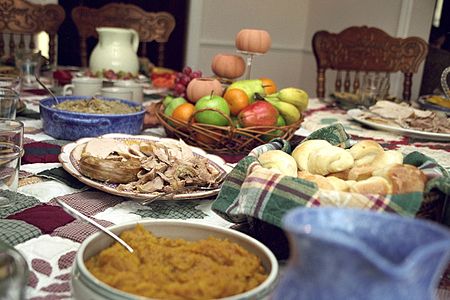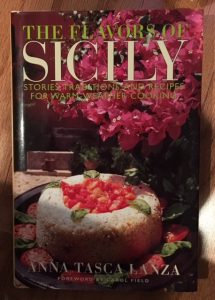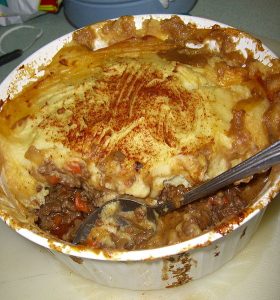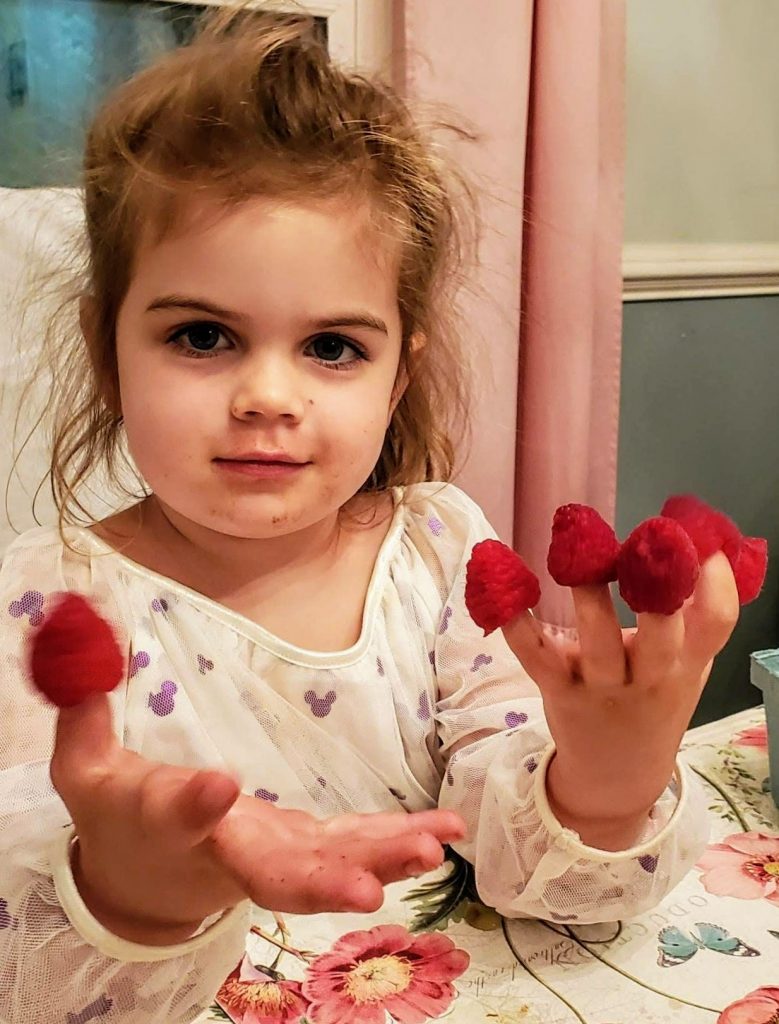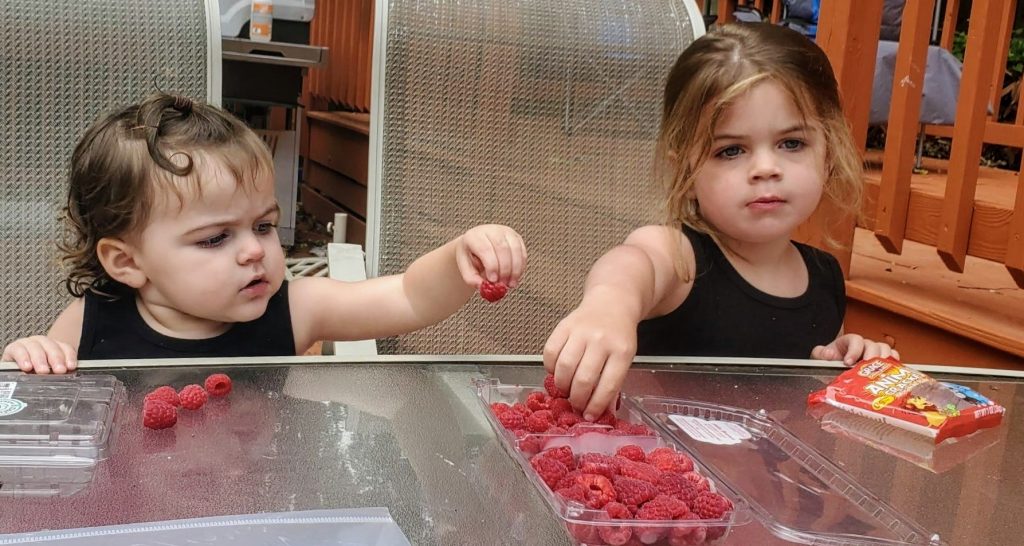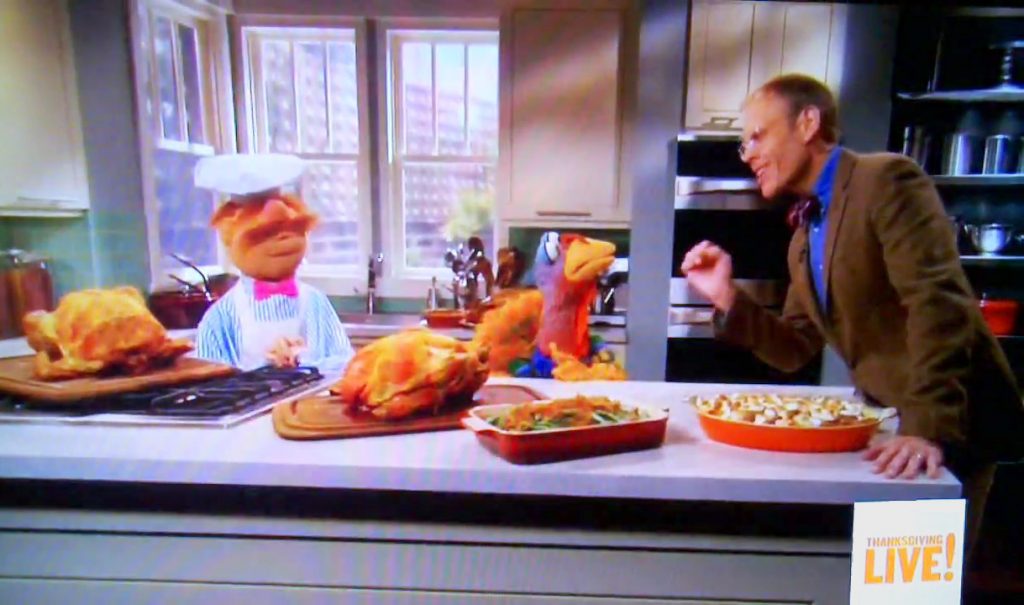
I love food. For me, eating and drinking across cultures is one of the main reasons to go somewhere new! Wherever I go, I try to buy a cookbook (written in English!). For me, the danger of writing about food and drink is going overboard. Describing every type of potato at Thanksgiving dinner, listing all the ingredients in Potato Cottage Pie…
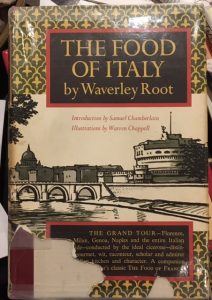
Unless you are Waverley Root, or your book is actually about food, remember that a little goes a long way. It’s like transportation in that way.
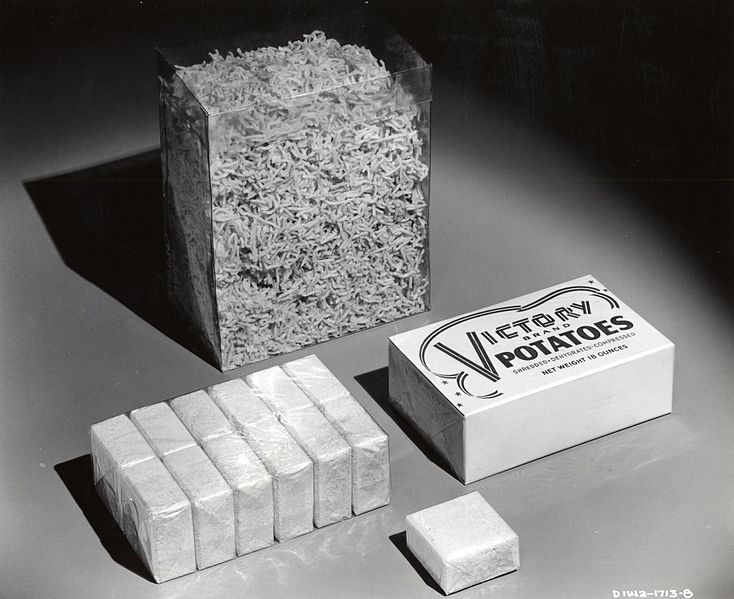
So, when people come together over potatoes (or other food), keep the focus on advancing the plot:
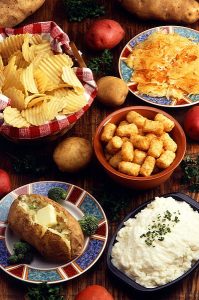
- Who says what while passing the potato rolls?
- What is the significance of Mama making instant potatoes?
- What are people thinking and feeling as they dig into the smashed potatoes?
Meals can be extremely important to your plot. They can be a platform for bringing people together.
- Show alliances
- Awkward or humorous character interactions
- Illustrate insecurities
- Demonstrate relative wealth or poverty
- Highlight grudges
- Plot world domination
- Establish alibis
- Make revelations or confessions
- Commit murder
But while the dinner table is the platform, keep the focus on the action.
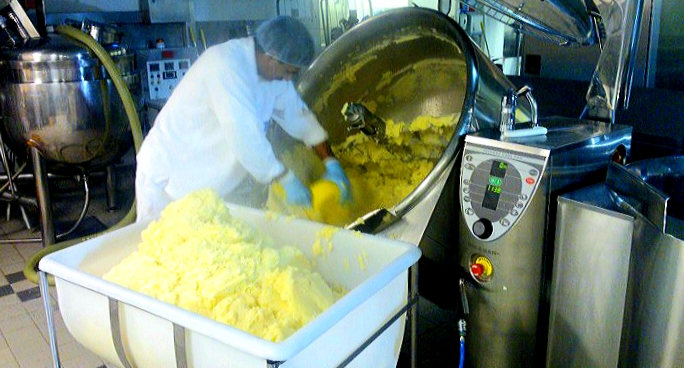
Another function food and drink can serve is to illustrate ethnic roots—either for the first time, or as a reinforcement. Jacket potatoes are clearly associated with Ireland and England in ways that sweet potato pie just isn’t. On the other hand, kumpir (baked potato bars) are almost exclusively Turkish!

Additionally, food and drink preferences can define your character.
- Does s/he prefer kumpir with just butter or with all the toppings piled on?
- Do they mix sausage and beets into the baked potato or eat it in layers?
- Extra pickled cabbage?
- Cacik and ketchup on top or on the side?
Drink (and food) choices can say much about your character’s roots, socio-economic status, and self-concept.
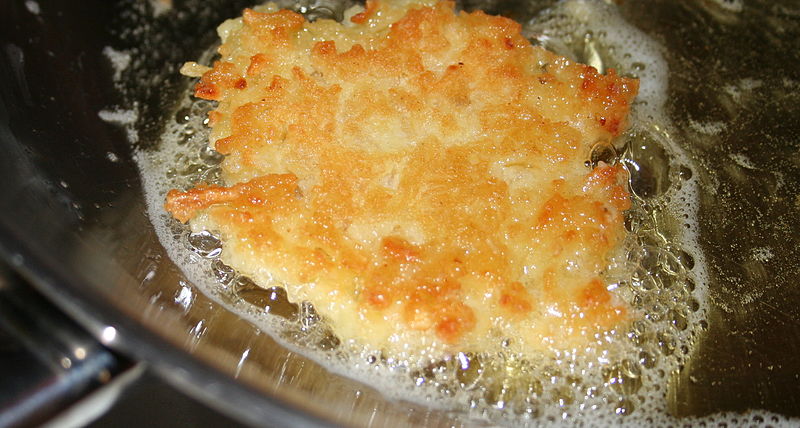
One way food and drink can poison your prose is by focusing on the food and drink to the detriment of the plot, action, and character. But cliché food and drink is just as hazardous.
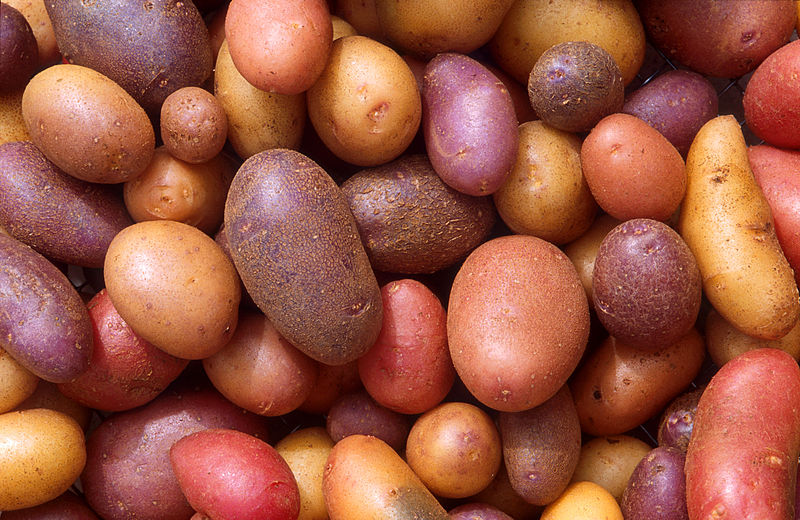
You need to bring two people together to talk. You have them sit down with soda and potato chips. Ho-hum. First of all, try to bring in food only when it’s relevant.
So your first defense against this poison it to get them together over something less stereotyped.
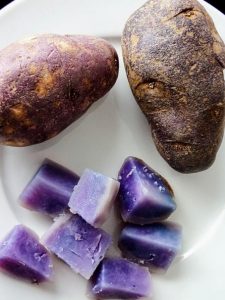
- Peeling potatoes together
- Comparing scalloped potato recipes
- Making French Fries in a fast food kitchen
- Visiting the Potato Famine Museum
- Sourcing Russian Blue potatoes for an elegant Mafia dinner
- Even planting potatoes together!
Your second line of defense is to add a few vivid sensory images. Consider the coffee and potato bread option. Even if eating and drinking is background to the conversation, make your reader smell the coffee, feel the dense chewiness of the bread, savor the potato flavor in the dough, etc.
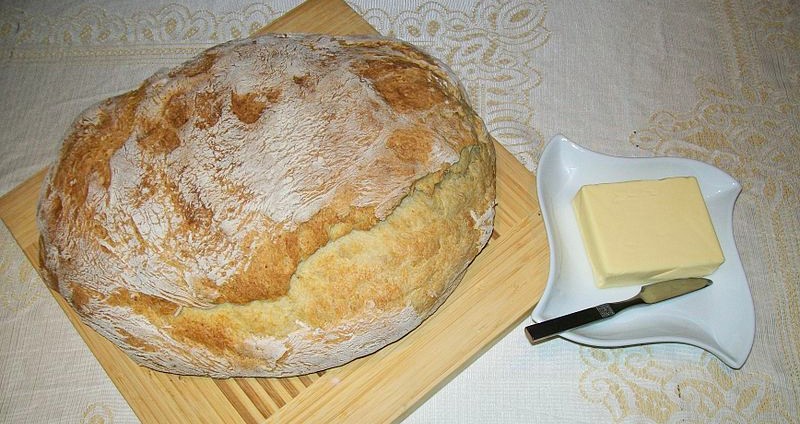
Bottom line: Food and drink can be great or deadly—your choice!
